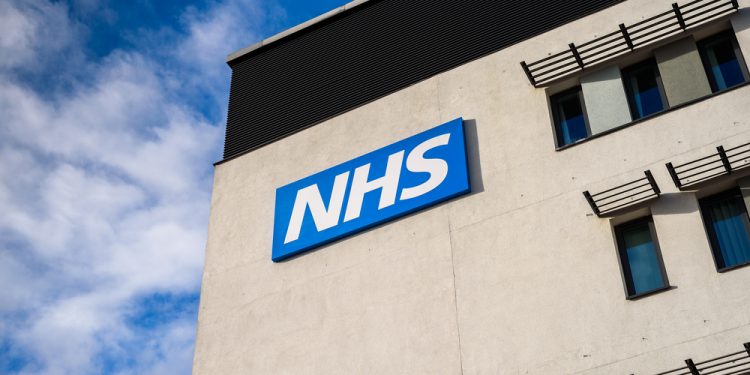All parts of the healthcare system need to come together to clear NHS backlogs as new data indicates wait times remain at record levels, according to the Independent Healthcare Providers Network (IHPN).
David Furness, director of policy at the IHPN said more use needed to be made of the private sector in tackling waits, but The King’s Fund added the NHS was in “deep crisis” and would need a dedicated long-term plan.
Latest data from NHS England showed the number of people waiting to start routine treatment at the end of November remained at a record 7.2m, unchanged from the October data.
Of those, 406,575 patients were waiting more than 52 weeks, 48,961 patients were waiting more than 78 weeks, and 1,423 patients were waiting more than 104 weeks.
Over the month 1,777,637 patients started a new pathway, 309,976 patients started admitted treatment and 1,237,330 started non-admitted treatment.
For patients waiting to start treatment at the end of November 2022, the median waiting time was 13.6 weeks.
Furness said the figures underlined the need for all parts of the healthcare system to work together to tackle the backlog, with the NHS using “all the tools in its armoury to ensure patients can access the treatment they need”.
“This includes making greater use of the independent sector and bolstering patient choice – key factors in in getting NHS waiting times down in the 2000s,” Furness continued.
“We welcome the government’s recently announced taskforce to look at this very issue and ensure that the capacity and capability available in the independent sector is being fully utilised for the benefit of NHS patients.”
‘NHS in deep crisis’
However, The King’s Fund highlighted the severity of the situation and emphasised that it would take significant and dedicated long-term investment from the government to start making improvements.
Chief analyst Siva Anandaciva said: “There is no shying away from the reality that the NHS is deep in crisis, as demonstrated by unprecedented strikes and widespread, serious and sustained problems in quality of care, despite the best efforts of healthcare staff.
“While there are huge delays in admitting patients, there are also serious issues in discharging patients – with over 13,000 people stuck in hospital despite being medically fit to leave.
“Meanwhile, the waiting list for planned hospital care remains stubbornly over seven million and cancer services are also under pressure, which underlines the challenge in meeting the government’s latest pledge to reduce waiting lists by the end of 2023.
“Ultimately short-term fixes won’t solve long term challenges. A timeline on the upcoming workforce plan would be a good starting point to signal longer term thinking from the government.”






